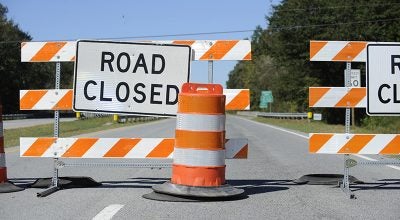Don’t fan the flames
Published 8:29 pm Tuesday, May 29, 2012
It’s unfortunate when an event occurs that makes us sit up and take notice of the potential hazards around us. With the death of a Washington man in a house fire last week comes the realization that we need to be more aware of the fire hazards in our own homes.
At a minimum, every home should have at least one working smoke alarm. Test it monthly, keep it dust free and replace the battery yearly.
According to the U.S. Fire Administration website, you can take other precautions to lower the odds of fire breakout.
Overloading circuits and extension cords is a big no-no, as is placing cords and wires under rugs, over nails, and in high traffic areas. Replace or repair any appliance that sparks, sputters or emits a strange smell.
When it comes to cooking, avoid loose, hanging sleeves when near a fire or stove, and stay vigilant about cooking pots on the stove. Grills should be positioned away from siding, deck railings, eaves and overhanging branches. Periodically remove grease or fat build-up in trays below the grill so it can’t be ignited while cooking.
Never add charcoal starter fluid to coals or kindling that’s already ignited and never use any flammable or combustible liquid other than charcoal starter fluid to get the fire going.
For propane grills, before you grill for the first time each year, check the propane cylinder hose for leaks. A light soap and water solution applied to the hose will reveal escaping propane by releasing bubbles. If you smell gas while cooking, immediately get away from the grill and call the fire department. Do not attempt to move the grill.
And always watch out where you put candles. Make sure they’re not close to anything combustible and that you blow them out if you’re not going to be around to keep an eye on them.
While you’re at it, an escape plan in case of fire never hurts. In fact, it might help, quite a lot.





